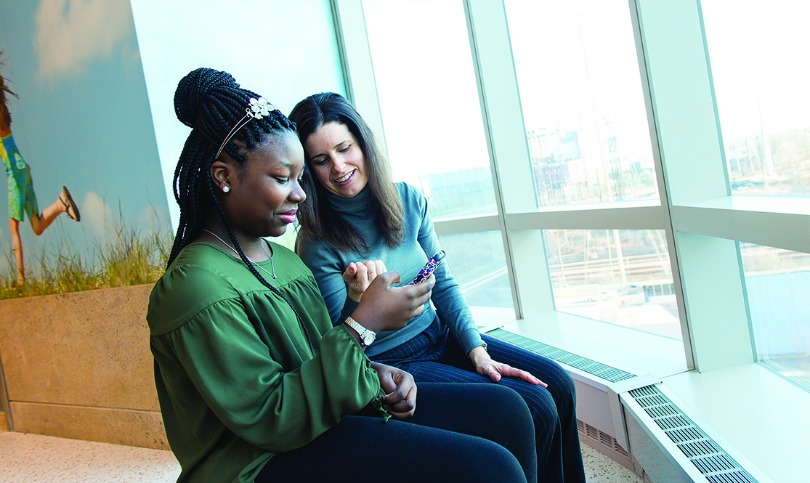
15 In an instrument development article, we identified four types of health-related beliefs and a 21-item measure-the Health Competence Beliefs Inventory (HCBI). Previous literature has been limited by a focus on psychological symptoms (eg, anxiety, depression, post-traumatic stress) or generic quality of life measures that may not be optimal, in isolation, for understanding and improving well-being, especially among AYAs. Thus, providers have little knowledge of how the adjustment of the AYA survivors they follow differs from other generally healthy AYAs who are in a doctor's office seeking care. 2ĭespite the importance of understanding AYA well-being, few studies have focused on this specific age group, especially among those seeking medical care. 14 The psychosocial sequelae of AYA survivors are important as they may relate to successful management of late effects and adherence to treatment recommendations during these transitions.

12 Evidence of the difficulty in educating and engaging survivors in their disease self-management comes from the Childhood Cancer Survivor Study where only 35% of survivors recognize that they could have serious health problems related to their cancer treatment 13 and more than 50% do not receive cancer-related follow-up care. 11 For AYA survivors in particular, vulnerability may be related to late effects of cancer treatment and the transition of health care responsibilities inherent in young adulthood. 1, 4, 5, 8– 10 In general, AYAs engage in riskier health behaviors and are less likely to utilize health care than other age groups. 4– 7 Adolescent and young adult (AYA) survivors are underinvestigated and may be particularly vulnerable, medically and psychosocially.


1 However, subgroups are at risk for poor outcomes 2, 3 and approximately 10% to 20% score in the clinical range on psychological measures. Long-term survivors of pediatric cancer demonstrate resilience in long-term adjustment and quality of life.


 0 kommentar(er)
0 kommentar(er)
